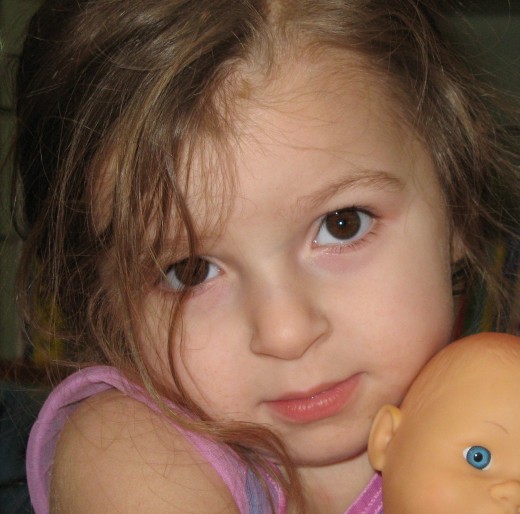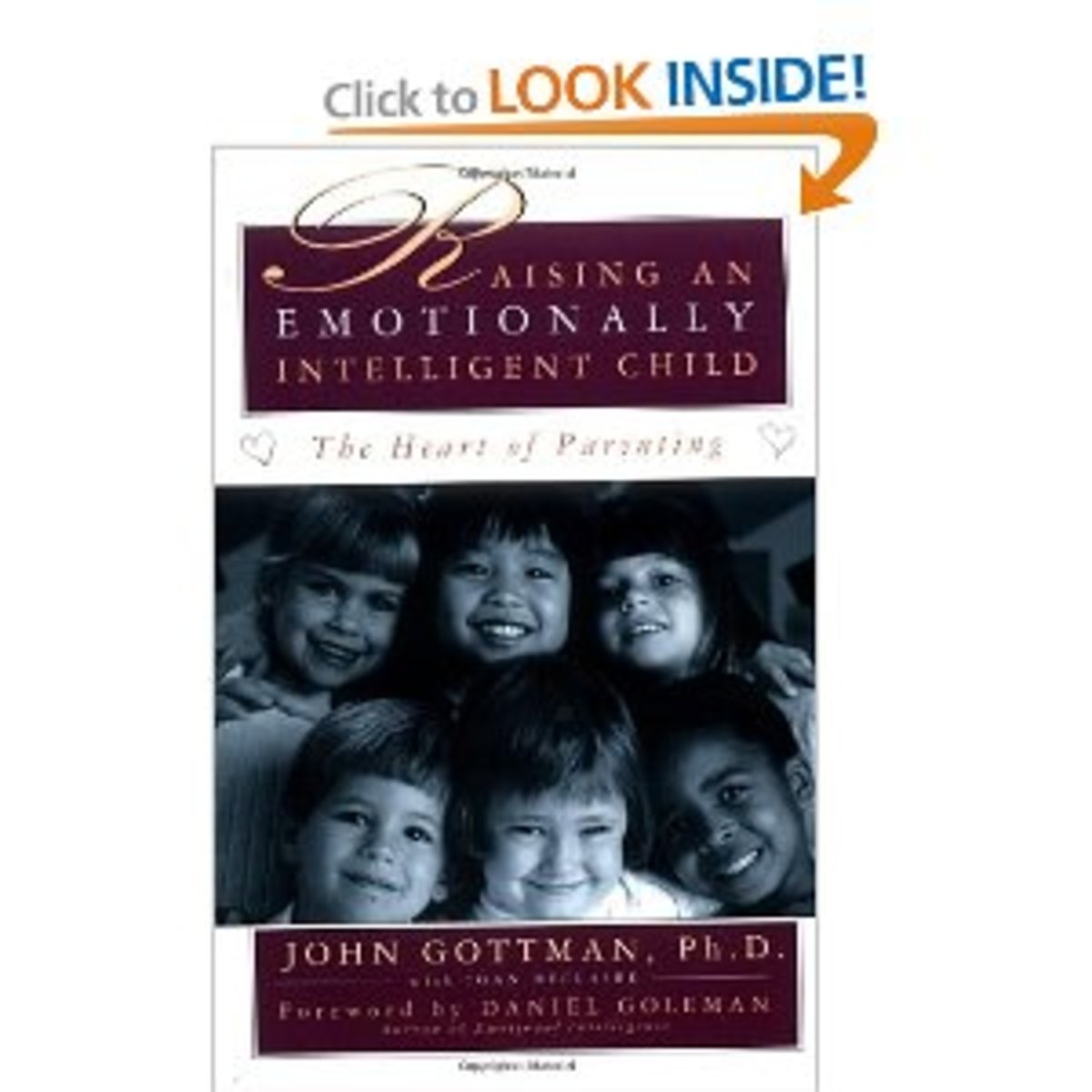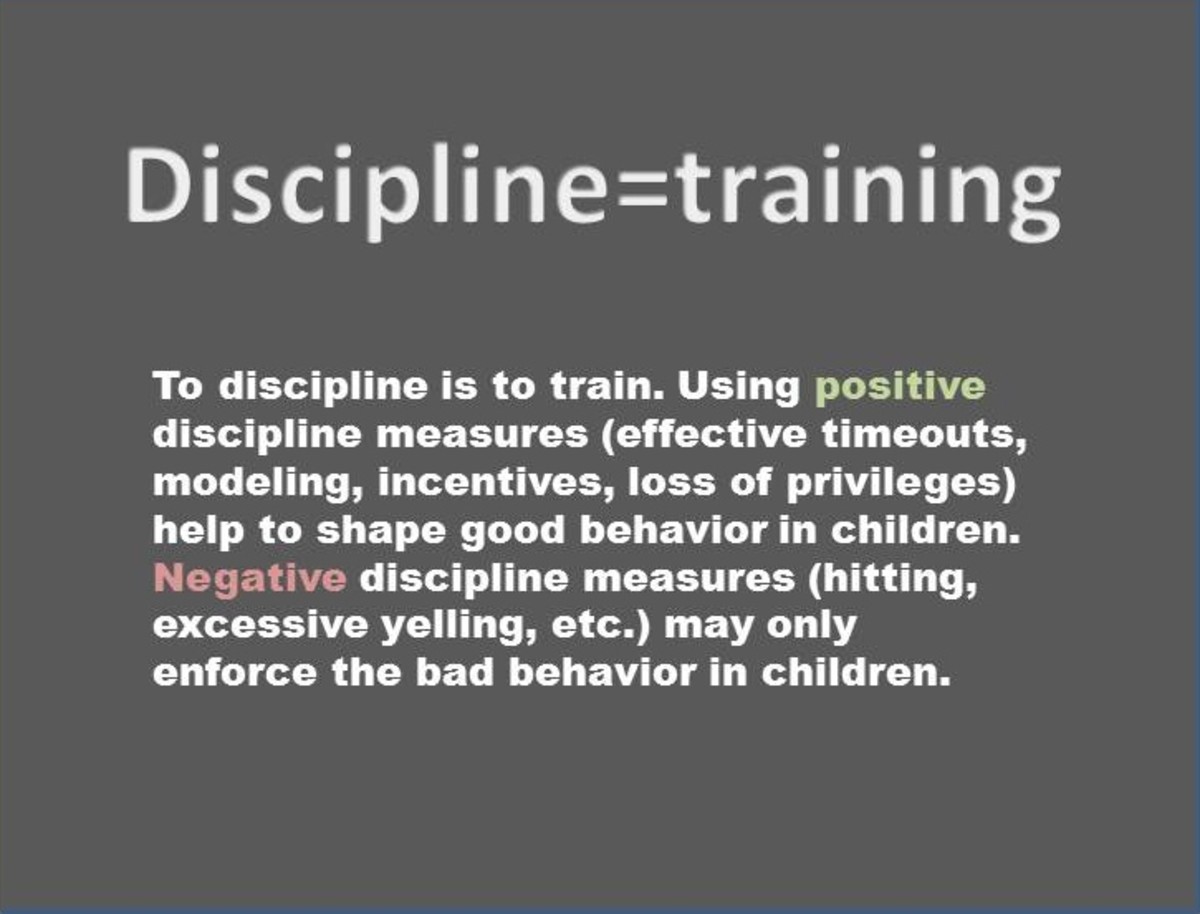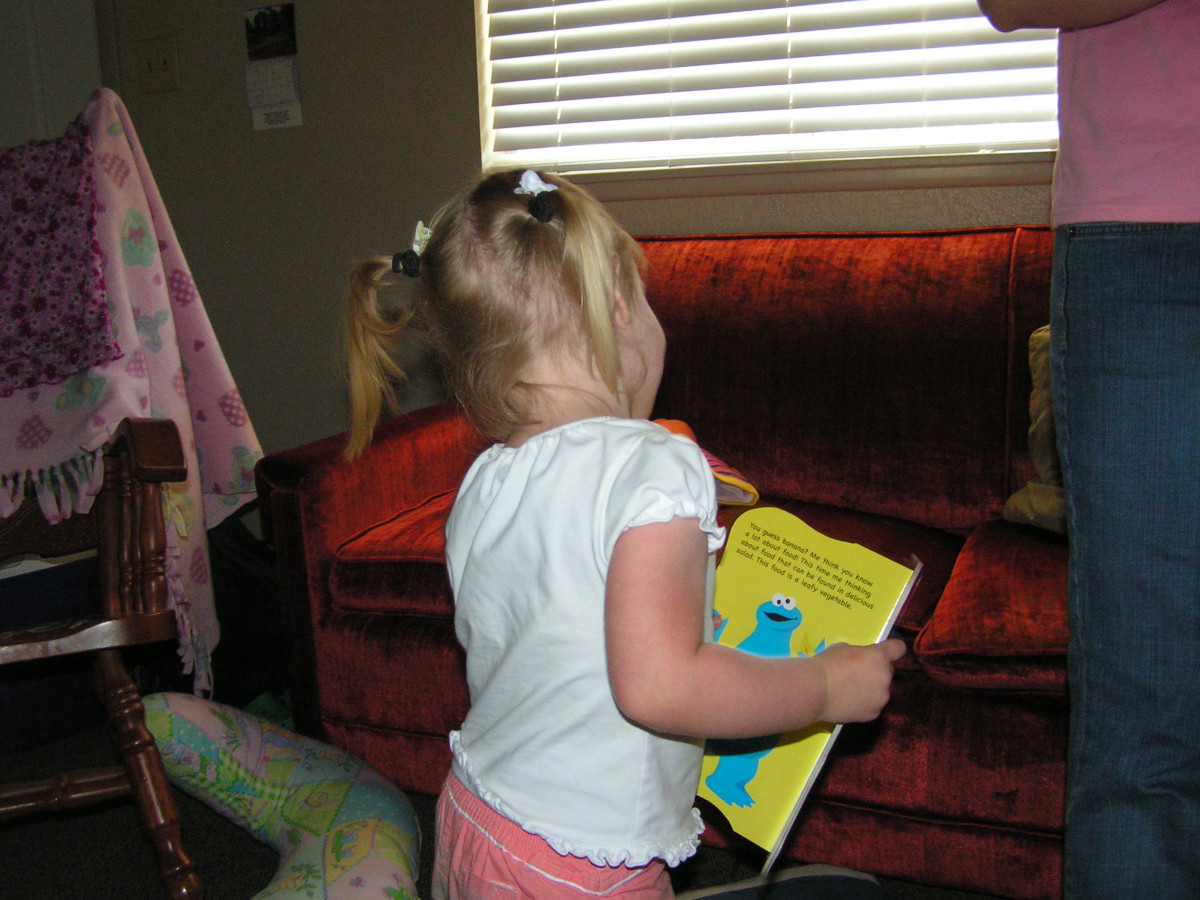How to Comfort a Grieving Child who has Lost a Parent

Comfort A Grieving Child
A child who has recently suffered a profound loss may have a great deal of difficulty fully grasping the concept and dealing with the realities they now face. To comfort a grieving child, we need an understanding of their feelings of anxiousness and possibly hopelessness. These feelings are far more intense than they have ever experienced before and it may take time for them to be able to express themselves.
A younger child (age 5 and under) may have only a vague concept of death, may regress to younger behaviors and feel anxious and clingy. An older child can understand more clearly and may even take on responsibility for a loved ones death. They too will experience heightened anxiety and may be unwilling to speak about the death.
Additionally, a grieving child may have a physical response to a death. Nightmares, headaches and stomachaches / nausea are common.

How To Comfort a Grieving Child and What to Avoid
Children need to grieve just like adults do. Their process may be a bit different, depending on their age, but it will be a long process just the same.
Understand that there is nothing you can do to fix their problem. There is no quick solution. There are no magic words that will make them feel better. All you can do is support them while they are learning to cope.
What you can do to comfort a grieving child:
- Acknowledge their pain.
- Actively listen and respond to them without judgement.
- If they don't want to talk, be comfortable with the silence.
- Relieve their anxiety. If you are close to the child, stay physically close. Reassure them of your love for them.
- Speak as openly as you can about what happened.
- Allow them to talk about the deceased. Share memories
Be honest. If you don't know the answer to their question tell them.
Grieving is a long process. Be patient. Be available. And be sensitive to the emotional roller-coaster ride that a grieving child may be experiencing.
What not to say to a grieving child:
Avoid cliches. "Time heals all wounds" will mean nothing to them and it is not honest. Their grieving will end eventually, but some wounds, unfortunately never fully heal. "Don't feel bad," and "Don't dwell on it," are to be avoided as well. If they feel bad, they need to feel bad and its okay. If they feel numb that's okay too. They are entitled to their feelings, whatever they are. And they can dwell on them if they need to.
The Mourning Star Center: Comforting a Grieving Child
Where to Find Help to Comfort a Grieving Child
A site for kids by kids, KidsAid helps children deal with grief and loss. There is an email support group, a question and answer section for parents and a section for children to share and view each others artwork and stories.
This is an informational site to aid in understanding the grieving process of children and teenagers.
Children's Grief Education Association- This site contains 800 numbers for emergency use. It also has sites specifically for military families, teenagers and children.








